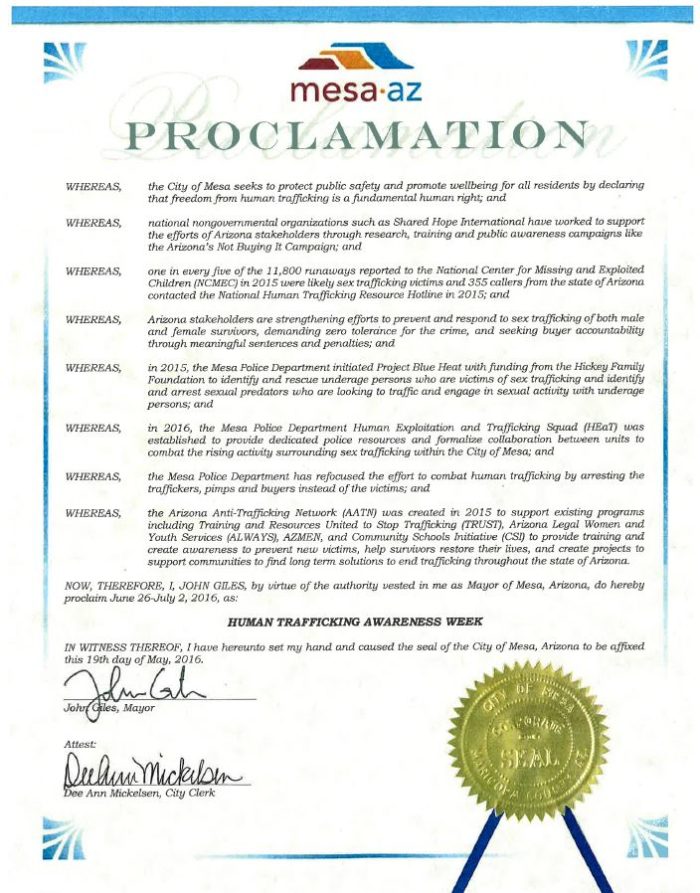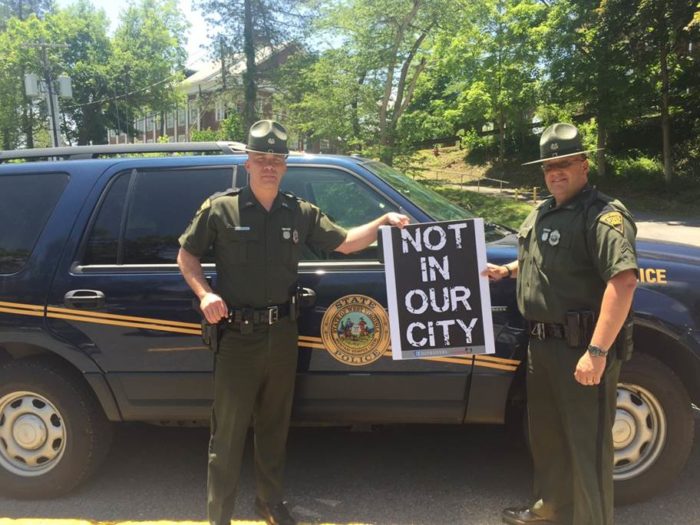Copyrighted Content © By Marti MacGibbon, CADC-II, ACRPS
Here’s something I learned from years of performing standup in clubs, colleges, auditoriums, and a federal penitentiary: Standup is metaphor for life. It’s tough, thrilling, often painful, often fun, always rewarding. And in standup, as in life, there are myriad things that are completely beyond your control. You learn by trial and error, but learn to make the best choices you can under pressure. And when — not if — you fail, you get back up onstage as soon as possible, knowing that the process will ultimately bring you success. The biggest lessons I learned in my ten thousand hours or so of professional standup experience can help you to meet any challenge or obstacle in life.
Employ some or all of these techniques and principles and see where they take you:
Stand Up. Respect yourself, take a position, stand up for what you believe in. When you know who you are and you like yourself, you can approach life’s challenges with confidence. Build your character by taking on difficult projects and associating with people who are smarter, better, stronger and faster than you are. Never underestimate yourself. Be honest, and have a point of view. Be bold.
“Fortune sides with he who dares.” — Virgil
Have Fun. If you’re having fun and you’re committed to your position, passionate about your process, no barrier can stand in your way — you’ll be invincible. It may take some time to win, but if you keep re-energizing your sense of fun and passion, you will conquer.
Never Hang Back, Always Move Forward. Be Proactive. Audiences respond to confidence and like-ability. When you’re onstage, always move toward the audience. Be ready to make friends, and don’t anticipate adversaries. Optimism always pays off, and when you expect good things to happen, they are more likely to happen.
Respect Others. Respect, but don’t fear others. Never underestimate your audience, or your friends, family, associates or competitors. Refrain from taking anybody, or anything for granted. Start out your day with a moment of appreciation for the people you work with. Recognize and acknowledge the accomplishments of others and know that you are part of a greater reality.
Be Yourself. Let go of the urge to downplay who you are, or to overcompensate for any real or imagined flaw or weakness. Recognize that in the white hot truth, the reality of universal thought and consciousness, no one is above you, and no one is below you. You never have to try to impress anybody, or intimidate anybody, or play any games. Standup strips away everything but what’s funny. Life strips away everything but what’s real. You are enough, right now, as you are, and if you continue the brave work, you will continue to become more, and greater, exponentially. Trust in that and continue on your path, no matter how tough the challenges.
Remember, life, like comedy, is tough but fun. Focus too much on the tough and you break down. Focus on the fun and you win out. So have fun, be strong, and keep working it.
About the Author: Marti MacGibbon has recovered from and triumphed over human trafficking, adolescent sexual abuse/assault, homelessness, domestic violence, severe PTSD and hard-core drug addiction. Today, she is an internationally known humorous inspirational speaker and a nationally award-winning, bestselling author.
This blog post was originally part of our 2016 JuST Conference Speaker Blog Series.

 As I began encouraging citizens and legislators to ask for stronger laws to protect their children, I have been honored to work with advocates and everyday citizens to educate West Virginians about the topic and ways that they can take action. In a recent visit, I spoke to a roller derby group about warning signs of trafficking while they are on the road traveling to competitions, worked with a women’s organization to hold a community screening of our prevention film Chosen, and was a guest on a radio show to talk about how West Virginia can strengthen its laws.
As I began encouraging citizens and legislators to ask for stronger laws to protect their children, I have been honored to work with advocates and everyday citizens to educate West Virginians about the topic and ways that they can take action. In a recent visit, I spoke to a roller derby group about warning signs of trafficking while they are on the road traveling to competitions, worked with a women’s organization to hold a community screening of our prevention film Chosen, and was a guest on a radio show to talk about how West Virginia can strengthen its laws.





